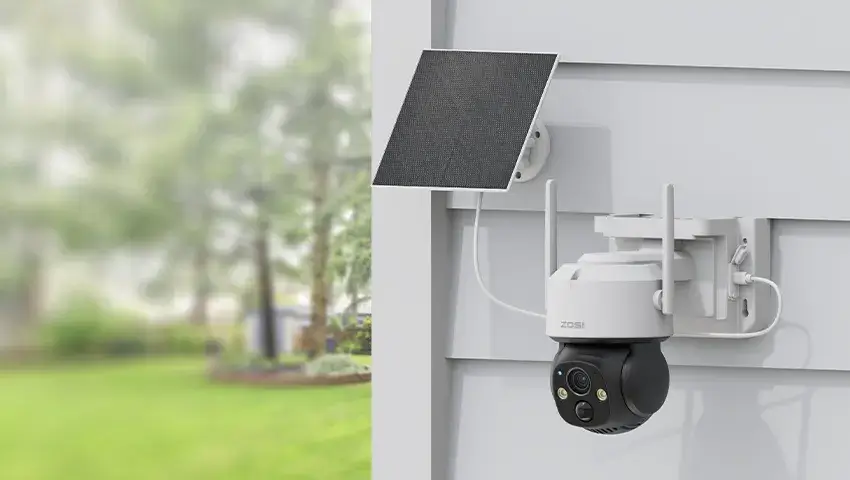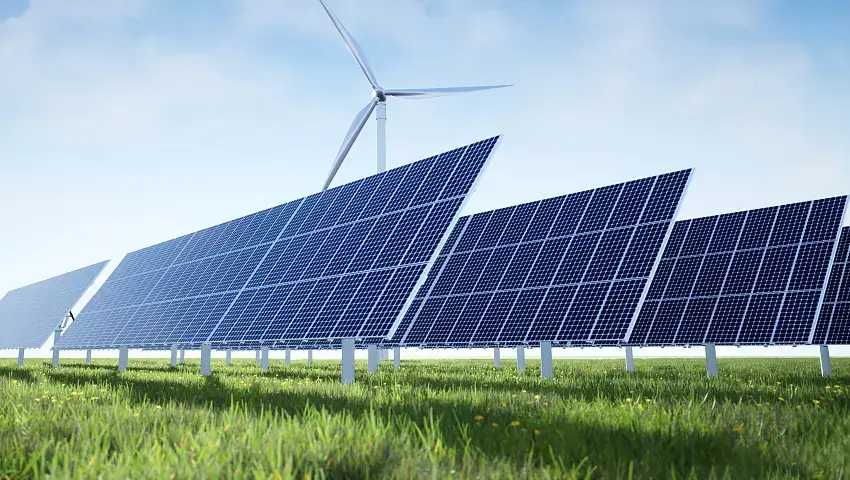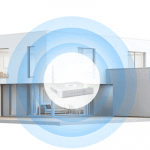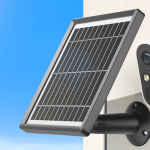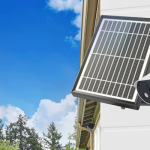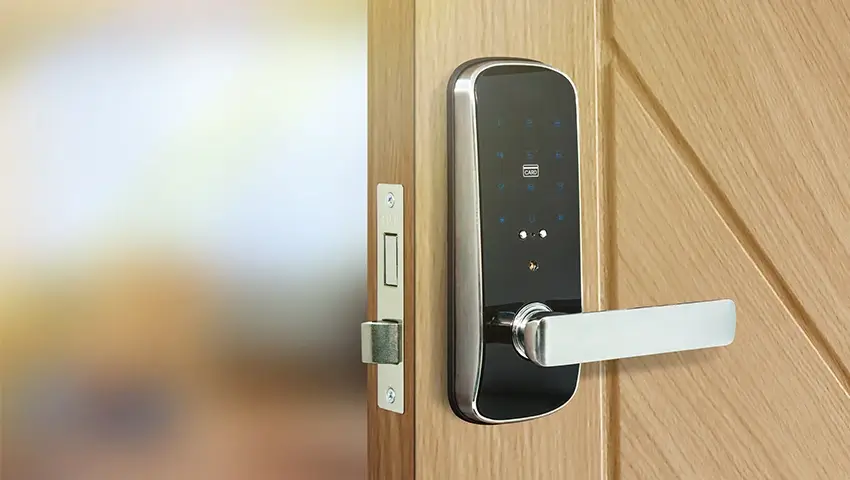Solar panels have become a popular choice for clean and sustainable energy, powering everything from homes to portable devices. However, one common issue many users face is their solar panel not charging the battery as expected. Understanding the causes and solutions for this problem can save time, effort, and money. In this article, we’ll explore the most common reasons your solar panel may not be charging its battery and how to fix it.
Contents
Common Causes of Solar Panel Charging Problems
- Dirty or Faulty Solar Panel: One of the most frequent reasons for a solar panel failing to charge is dirt or debris blocking sunlight from reaching the cells. Dust, dirt, or even bird droppings can reduce the efficiency of the panel. If the panel is dirty, it can’t absorb as much sunlight, resulting in insufficient energy to charge the battery.
- Battery Problems: If the solar panel is working correctly, but the battery isn’t charging, the issue may lie with the battery itself. Over time, batteries can degrade, losing their capacity to store power. Incompatible or old batteries can also fail to charge properly, preventing the solar panel from working efficiently.
- Wiring Issues: Loose or incorrect wiring connections between the solar panel, charge controller, and battery can stop the charging process. Check the wiring carefully to ensure there are no loose connections or frayed cables.
- Charge Controller Malfunction: The charge controller regulates the power coming from the solar panel to prevent overcharging. If the charge controller malfunctions or is incorrectly configured, it could be preventing the battery from charging, even if everything else is working correctly.
- Weather and Light Conditions: Solar panels rely on sunlight to generate power. If the weather is cloudy or it’s winter, there may not be enough sunlight for the panel to charge the battery effectively. Seasonal changes can also affect the amount of light available.
- Overcharging Protection: Many solar systems include an overcharging protection mechanism. If the battery is already full, the charge controller will stop the charging process to prevent damage. This is a safeguard, but if you experience consistent charging issues, it could indicate a problem with your system’s settings.
Solutions to Fix the Issue
- Clean the Solar Panel: Clean your solar panel regularly to ensure it remains free from dirt, leaves, and other obstructions. A clean panel will absorb more sunlight, increasing its efficiency and the battery’s charge.
- Check or Replace the Battery: If the battery is old or damaged, it might need to be replaced. Test the battery’s performance with a multimeter or take it to a professional. Replace it with one that matches your solar system’s specifications.
- Inspect the Wiring and Connections: Ensure that all wiring is correctly connected and free from damage. Tighten loose connections and replace any worn-out cables to restore functionality.
- Check the Charge Controller: Reset or reconfigure the charge controller to ensure it’s working correctly. If it’s malfunctioning, replacing it with a new one might solve the issue.
- Wait for Better Weather: If weather conditions are poor, your solar panel might not generate enough energy to charge the battery. Be patient and allow for clearer skies and sunnier days.
- Adjust Overcharge Settings: Check the overcharge settings on your charge controller. If your system is set to prevent overcharging too early, you may need to adjust the threshold to allow for a full charge.
Preventive Tips
To avoid issues in the future, ensure regular maintenance of your solar panel system. Clean your panels, inspect wiring, and monitor the battery’s health periodically. By using high-quality components and keeping track of system performance, you can maximize the efficiency of your solar energy setup.
FAQs
1. How to tell if my solar panel is working?
You can test your solar panel by using a multimeter to check the voltage output under sunlight.
2. Does weather affect charging?
Yes, cloudy weather and low light conditions can reduce the amount of energy your panel produces.
3. How long does the battery last?
The lifespan of a solar battery typically ranges from 5 to 15 years, depending on usage and battery type.
Conclusion
If your solar panel isn’t charging the battery, it could be due to several factors, including dirt, battery issues, or wiring problems. By troubleshooting each potential cause and addressing the issue, you can restore your solar system’s efficiency. Regular maintenance and system checks will help you avoid future charging problems and keep your solar energy system running smoothly.
